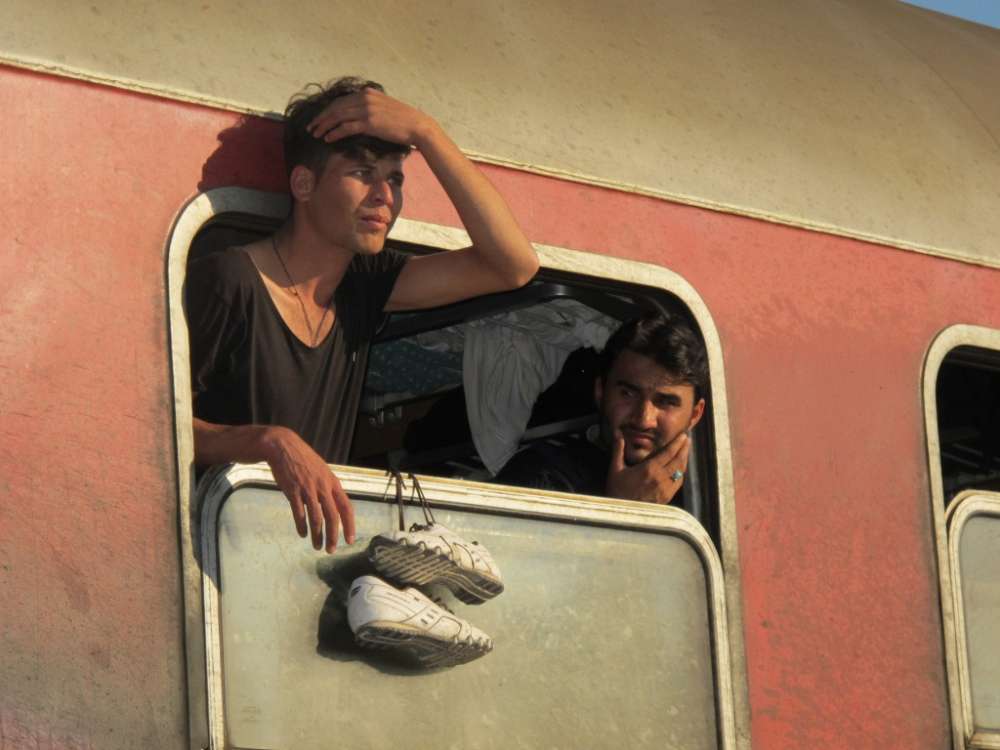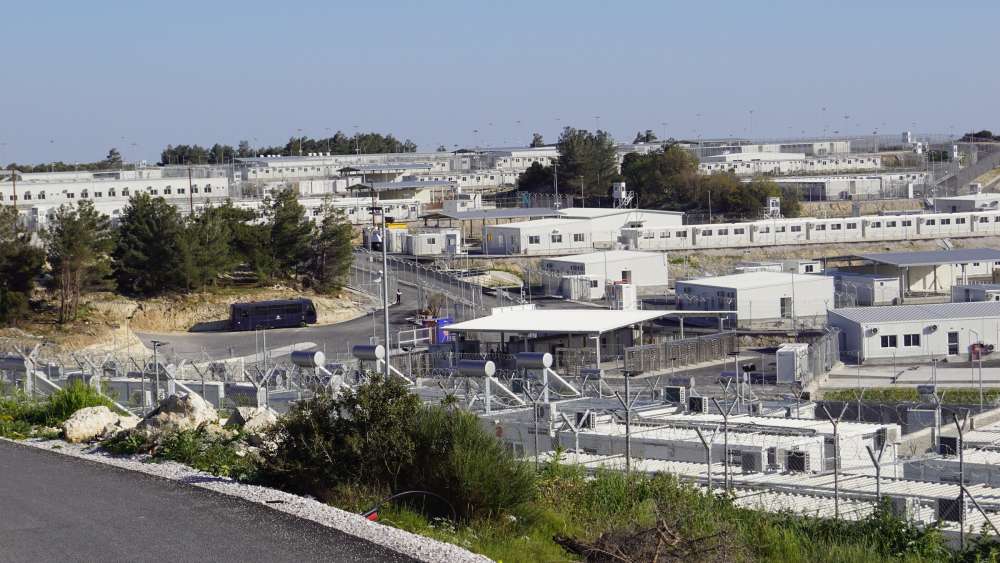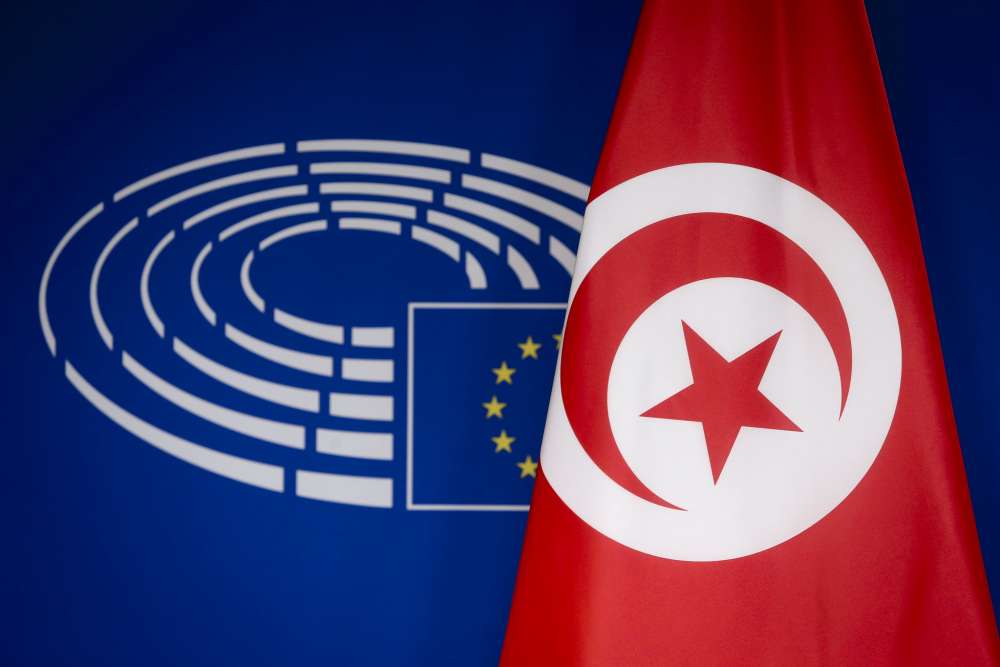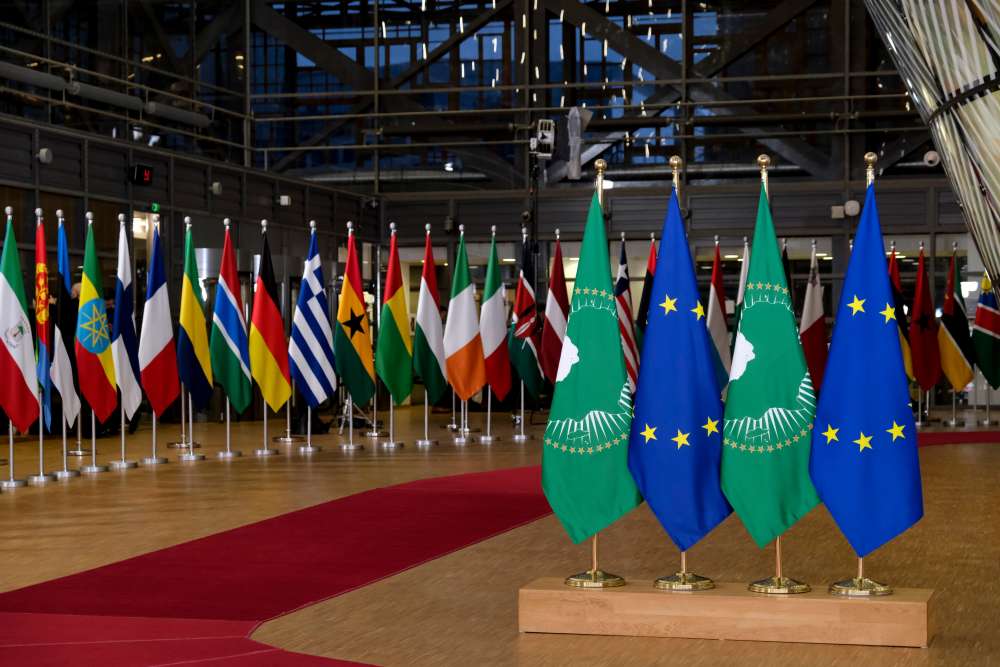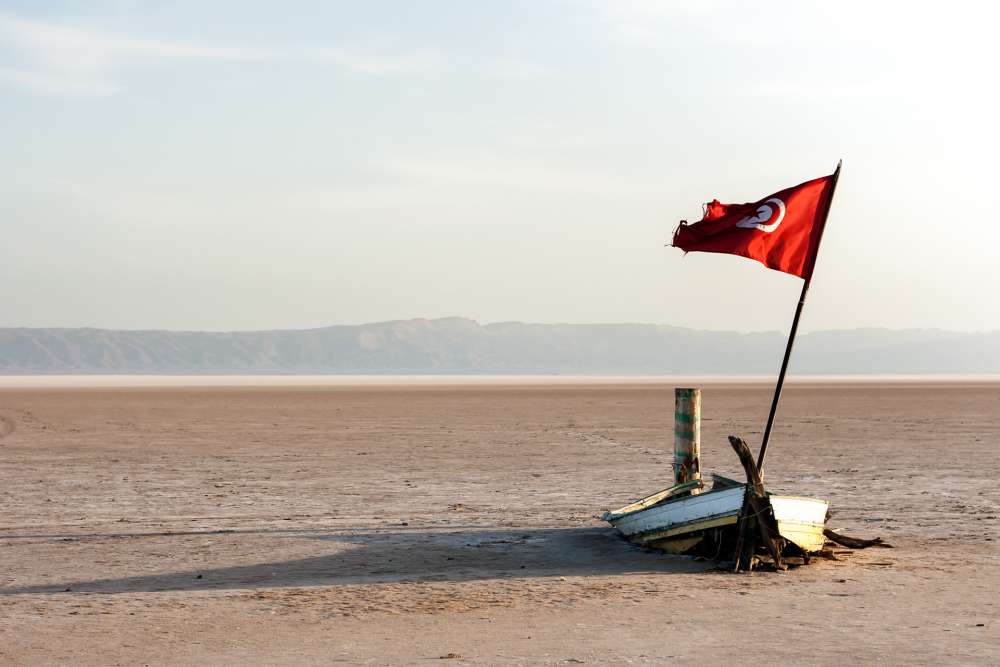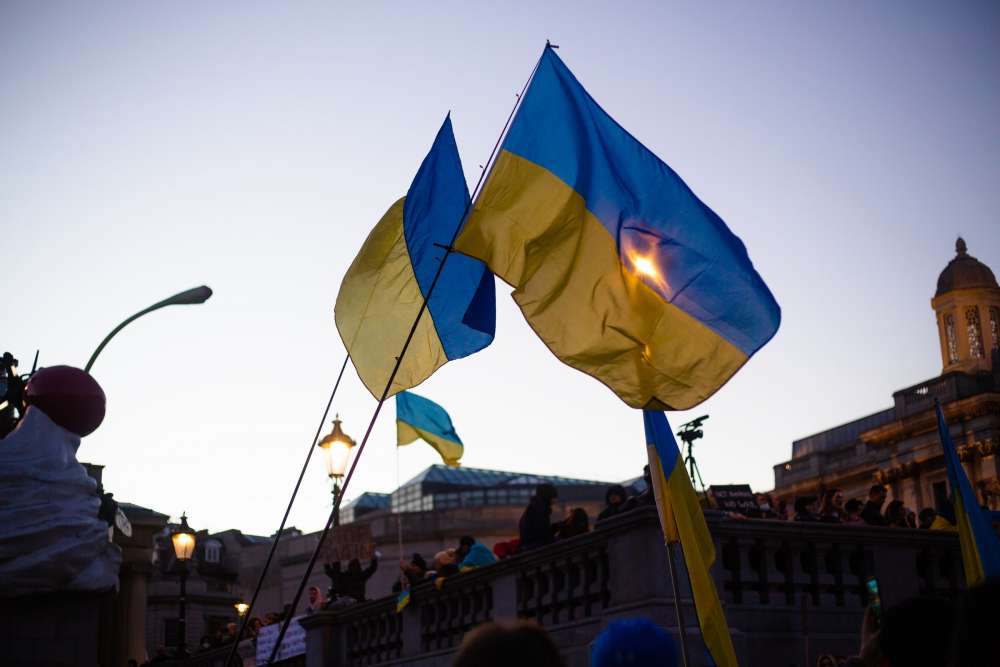Refugee Policy: Anything Is Better Than the Status Quo
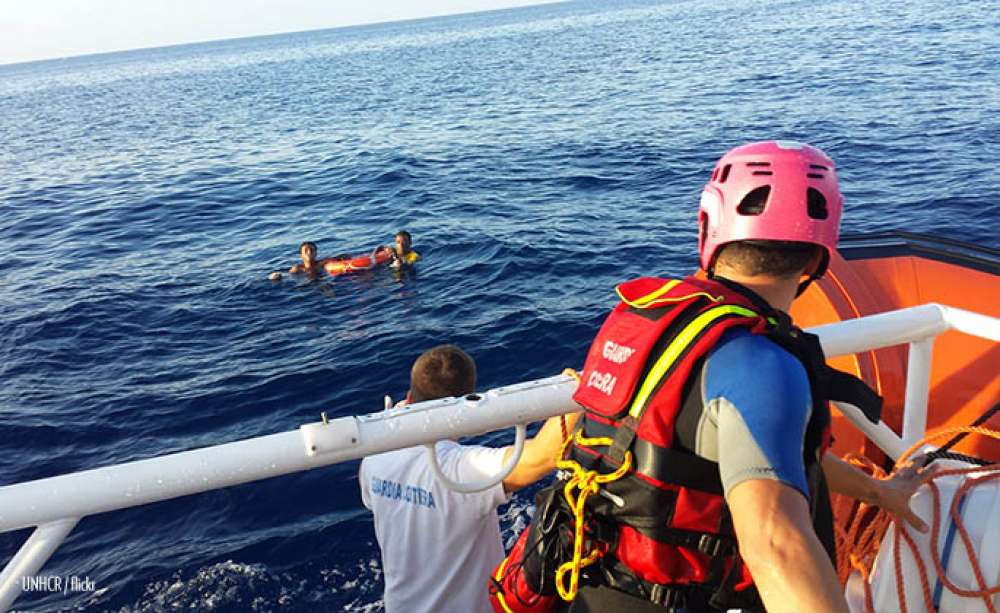
Lack of knowledge is not the issue. Through numerous eyewitness accounts, as well as audio and video recordings, the public has learned about the dramatic crossings of the Mediterranean, about the miserable drownings, about the coffins – small and large. But the European Union still fails to handle the crisis in a sensible manner. Now is the time for short-term consensus and a reassessment of refugee protection.
To that end, a quick rundown of figures may be helpful. On average, 45,000 people per year have crossed the Mediterranean “irregularly” in the last 15 years. In 2014, the number was 200,000, and we have no reason to believe it will be lower in 2015. We can point to two factors that have caused the rise in numbers. The first is the war in Syria: almost 4 million people have fled the country, reduced to ashes. The second is the instability in Libya and Egypt: it has become more difficult to use these two countries as pawns of EU border control and to stop “secondary” movement of people who pass through them. This is a legally questionable endeavor anyway, for refugees can hardly be said to enjoy effective protection in these stopover countries.
The rise in numbers has effectively turned the Mediterranean into a mass grave. Of the approximately 18,000 people who died since 1998 while trying to cross the Mediterranean, more than 8,000 died in the last four years. Moreover, the likelihood of dying while crossing has risen in tandem with the number of crossings. As revealed in research on the smuggling business, growing desperation and, by extension, growing demand for smuggling bring to the scene smugglers who sell passages that are even more insecure than those usually sold. This is one of the reasons why crossing the Mediterranean has never been as dangerous as it is today.
Looking into the recent past, one year sticks out: 2014. In that year, the highest ever number of deaths was recorded in the Mediterranean, even though the Italian navy and coastguard ran its large-scale search-and-rescue operation, called Mare Nostrum. At the same time, 2014 was the only year in which the rise in irregular crossings of the Mediterranean did not correlate with a rise in the likelihood of dying while crossing – after all, the unparalleled Italian mission managed to save approximately 130,000 lives.
These figures offer a Rorschach test of refugee policy. From the perspectives of interior ministers, Mare Nostrum has enabled those smugglers who care least for the security of passengers. From the perspectives of non-governmental organizations, the cessation of Mare Nostrum has made the death toll rise again. What the numbers truly suggest is that both perspectives are accurate. For this reason, it cannot be an option for the EU to point fingers at smugglers, whose “business model” ought to be “destroyed,” the EU says. A military mission against smugglers, which is foreseen by the newly established “EU NAVFOR Med,” will exacerbate insecurity. It will drive up prices, make refugees substitute larger vessels with smaller ones and increase the dangerous waiting time before crossing. Along the way, the EU disgraces itself by wasting its diplomatic resources in the United Nations Security Council on an initiative that is both legally and politically dubious.
In contrast, providing adequate capacities for sea rescue should be a self-evident common task throughout the EU, even if the experiences of Mare Nostrum show that a large-scale rescue operation may not guarantee prevention of all border deaths. That ambiguity will persist as long as a war rages in Syria and a grossly underestimated dictatorship continues its rule in Eritrea. Currently, some 40 percent of asylum seekers who cross the Mediterranean are Syrians and Eritreans. Rightly so, non-governmental organizations have called for creating means of legal access. But some of the claims for lawful access have practical risks or may backfire. The outré call to pick up refugees with ferries in Libya may contribute to an externalization of refugee protection. A pre-screening process would likely be put in place to decide who can board. Also, would not such a proposal create the sort of camps whose existence is rightly lamented elsewhere? And regardless, there is the practical impossibility of running an extraterritorial facility in today’s Libya. Any externalization runs the risk of divesting refugees of the right to enter EU territory, for there would be no obligation to relocate refugees from such facilities.
Australia demonstrates the absurd consequences of externalization. The country sells its cooperation with neighbor states and its operation of reception centers on Pacific Island states as a “Pacific solution.” According to investigations by The Guardian, Australia spends annually an estimated 450,000 euros for every person trying to reach the country by boat – in total, some 1.2 billion euros. That is not only hypocritical, but plainly irrational. If these figures are applied to the number of irregular arrivals in the EU, such a policy would cost the EU a hundred times as much as a search-and-rescue operation with the budget of Mare Nostrum.
With EU NAVFOR Med, the EU now puts at risk the credibility that it could have gained via other proposals made by the EU Commission. Among them is increased resettlement – even if, to make an impact, such a measure would need far more than the 20,000 resettlement places proposed by the Commission. The proposition to relocate 40,000 asylum seekers from the European Mediterranean states is also an appropriate first step. It could and should become a blueprint for reforming or complementing the Dublin system with a mechanism that does not disincentivize sea rescue. In the medium term, the EU should develop consensus on emergency and non-emergency measures on lawful access, and turn its European Asylum Support Office into a true player that is capable of offering large-scale support to member states that face larger influxes. In the longer term, the EU should consider launching an initiative that organizes responsibility sharing for refugees in a new way, globally. This might include, for instance, an international quota system.
None of the short-term actions is a solution. Nothing short of opening borders will destroy the business model of smugglers and end fatalities at the borders. A better refugee policy will save thousands but will still constitute an approach of “muddling through.” Even that, however, is better than the status quo.
…
To read a version of this piece in German, please visit Süddeutsche Zeitung online.
